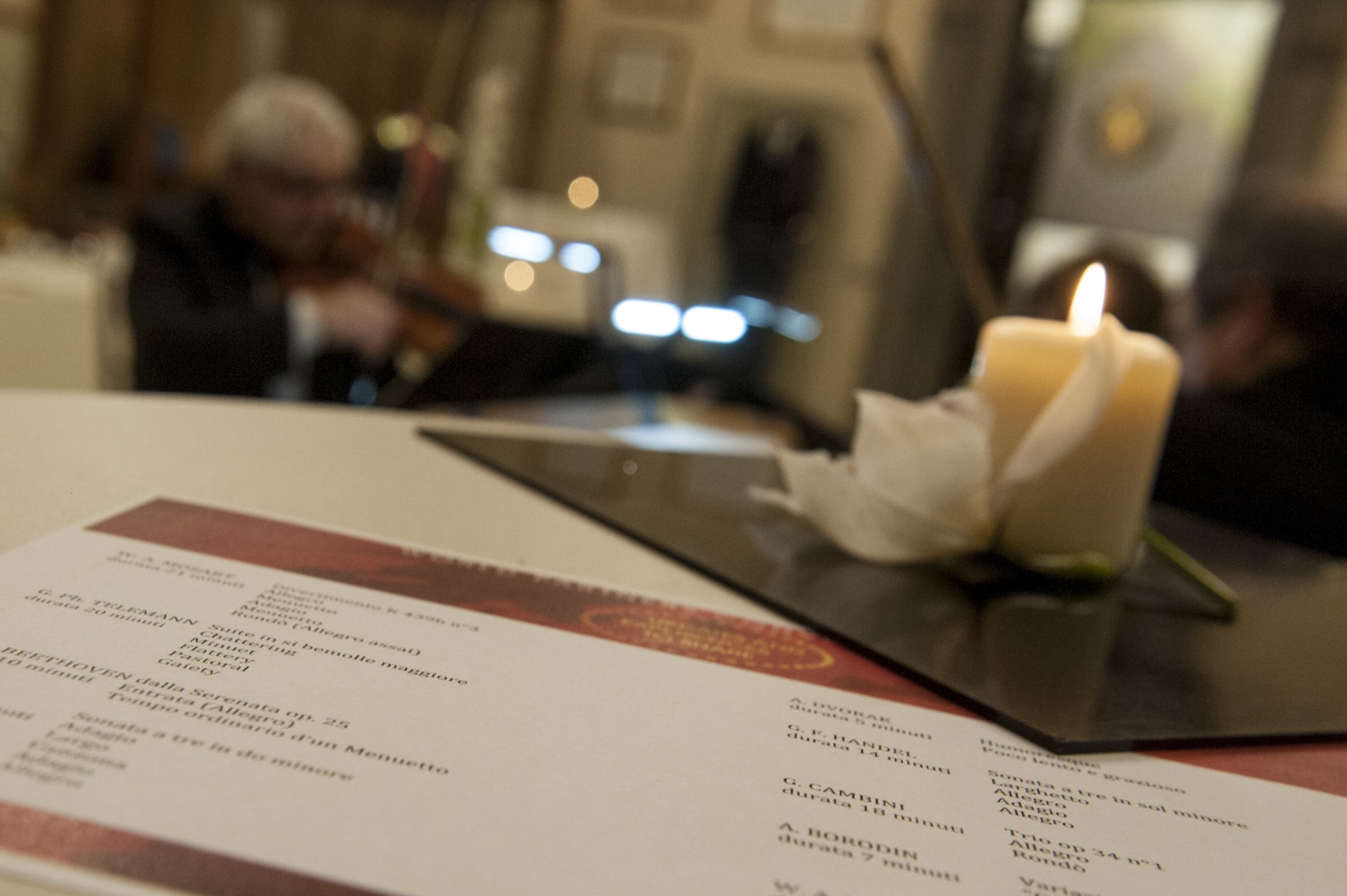07 March 2018 | News
HR: paediatric check-ups not to be missed in the first 12 months of life

During the first year of a child’s life, new parents must learn not only to take care of a newborn baby, but also to respect new schedules and commitments, hitherto totally unknown. Among these appointments, the most important are certainly the so-called Health Reports (HR), or periodic checks by the paediatrician.
What is an HR ?
HRs are paediatric controls, established by regional health authorities and planned to ensure continuous monitoring. They are used first of all to check the growth and general state of health of the baby, but also to receive useful information and suggestions for parents.
At every paediatric check-up, the doctor should:
- Perform a general assessment of the newborn;
- Measure weight, height and head circumference;
- Verify the psycho-motor development;
- Check hearing and sight.
In addition, the paediatrician can perform more specific checks to diagnose any disorders or diseases, as well as providing information on child behaviour, nutrition and vaccination calendar.
Fundamental paediatric examinations within the first year of life
The appointments not to be missed during the first 12 months of life of the newborn are:
- 1 month of life: The first visit must take place no later than 45 days after birth. The paediatrician will have to carry out the first auxological check-up (i.e. the child’s general growth process). He will also take care of controlling the oral cavity, skin, the health of heart, lungs, abdomen and genital apparatus. During this first visit, the Ortolani-Barlow manoeuvreshould be performed, to exclude the possibility of congenital hip dislocation.
There will also be advice for parents onbreastfeeding, sleep-wakerhythms, baby responsiveness and safety systems to be adopted in the car and at home. - 2-3 months of life: In this second visit, the paediatrician repeats the auxological check-up and verifies the psycho-motor and sensory development of the newborn. If the growth curve is not optimal, the doctor will be able to consider with the parents whether to supplement breastfeeding with powdered formulas.
- 4-5 months of life: during the third HR the focus should be on reactions to sensory and vocal stimuli, in addition to the relationship with the mother. The paediatrician will take care of checking the motor progress (ability to sit and grasp objects) and will give the first advice on weaning.
- 8 months of life: The fourth visit to the paediatrician is dedicated to the Boel Test for the control of sight and hearing, as well as verification of the babbling and mobility of the child. At this point, new solid foods can be added for further weaning.
- 11-12 months of life: During the last appointment, the paediatrician will check in depth the psycho-motor and sensory development, to verify if the child understands the stimuli and starts talking. It is important to observe how it relates to the environment and the people around it. Parents should be informed at this point about the correct diet to follow, fluoride prophylaxis for teeth and other growth-related measures in general.
Paediatric visits during the first year of life are essential to verify that the newborn is growing in the right way, in terms of both motor and psychic development. In addition to these routine visits, there will also be specialist visits if the paediatrician deems it necessary.
